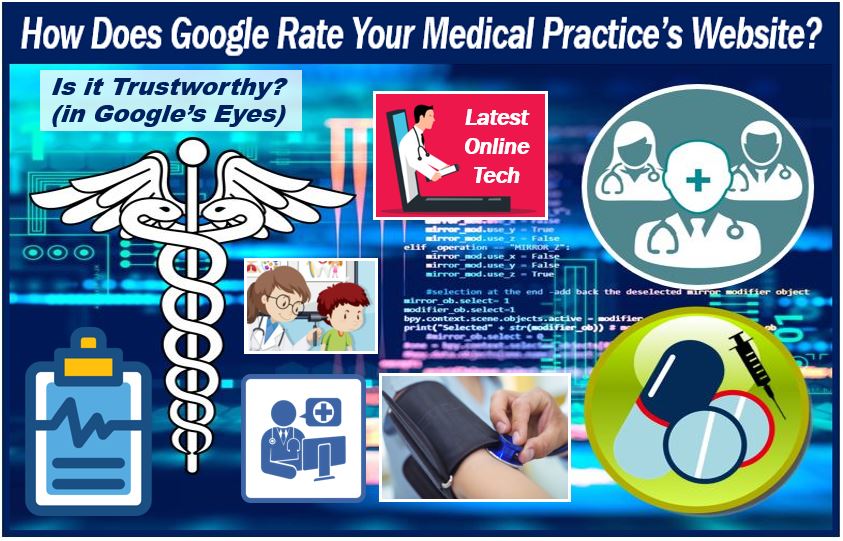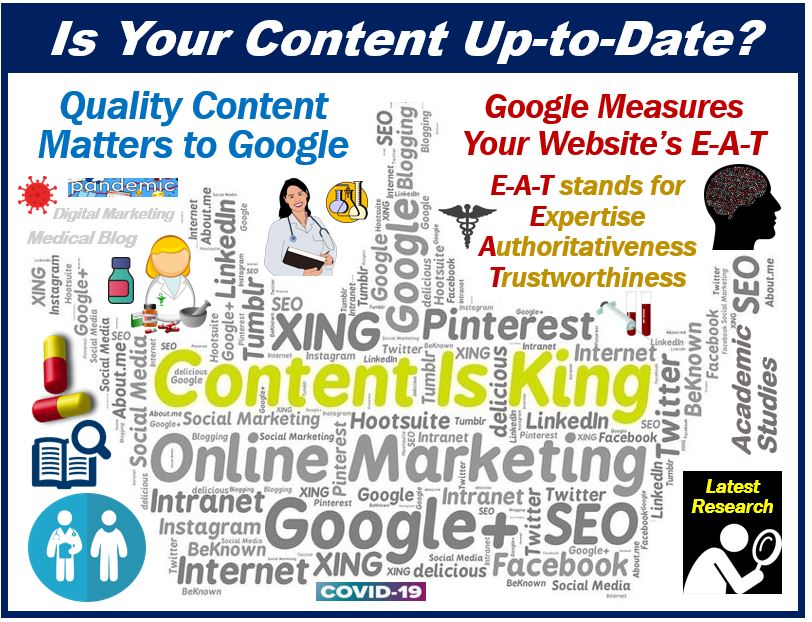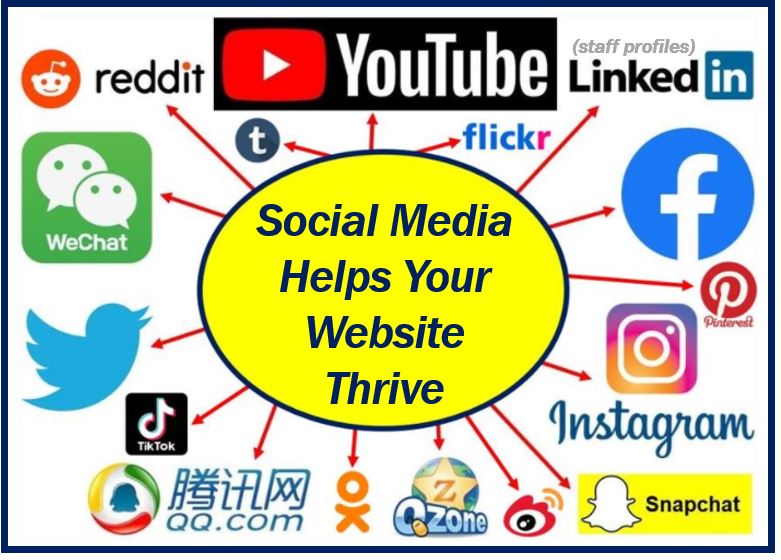Since August 2018, Google has been publicly claiming that they are paying closer attention to the trustworthiness of information on the websites in the healthcare industry.
Spokespeople from the search engine explicitly said that the websites of medical practices fall into this category, with such websites needing to demonstrate: “expertise, authoritativeness and trustworthiness” (E-A-T) in both their people and the information on their website.
Websites of medical practices that do not demonstrate E-A-T could suffer reduced search engine visibility as a result. This is equally true for independent practices and corporate ones.

As Google measures the E-A-T of a website based on an algorithm, it is possible for the website of a perfectly legitimate medical practice to be deemed as untrustworthy if it is missing certain key elements.
To make sure that this does not happen to your practice’s website, here is how to optimize your website for trustworthiness in the eyes of search engines.
Make sure that all the medical information on your website is up to date and in line with best practices

Google has gotten to the point where it can, to a decent extent, understand the meaning of many of the claims that you make on your website.
Furthermore, the search engine also has certain websites and publications, such as academic journals and government websites, that it “tags” as being the ultimate authority on certain matters, medical information included.
This means that if you have medical advice and information on your website that directly contradicts what has been recently published in academic literature or in government statements, your site could be seen as untrustworthy and given reduced search engine visibility as a result.
One area of vulnerability for this on many medical practice websites is with older blog posts. Medical science evolves rapidly, and if your blog posts contain out of date information, then this could affect the trustworthiness of your website as a whole.
You should therefore try to update your older blog posts, consolidating their information into newer ones where you can. Any medical claims that you make in your posts that are not common knowledge should cite an authoritative source, ideally a government or academic website.
If you outsource your website’s blogging then you should make sure that your writers are specialist medical writers. It may well be worth interviewing them about the latest finding in your field to ensure that their knowledge is up to date. All articles should be reviewed by a specialist at your organization before being published on your website.
Make your team’s credentials as clear as possible
When measuring expertise, Google wants to know exactly who a medical website represents, and what their credentials are.
There are a lot of “health” bloggers who are not qualified medical professionals, and Google wants to reduce the visibility of their sites in favor of professional medical organizations.
Your practice’s website should therefore contain information about your practitioners, along with all their qualifications and relevant experience. The easiest way to display this is through having a dedicated “Meet the Team” or “About Us” page on your website that contains profiles of all your teams.
To increase the transparency of your team’s credentials, your website should be linked to a LinkedIn page of your organization that contains matching profiles of all your practitioners.

Given that Google ranks websites on a page-by-page basis, each page on your website that contains medical information should have an author bio of the most appropriate person in your organization to give out that information. This will show Google that the page itself was written by a qualified professional.
This author bio should also be linked back to the practitioner in question’s profile on your “About Us” or “Meet the Team” page.
Have your practice and team members featured in authoritative medical websites
Given that Google has a record of large portions of the internet, the search engine looks at your practice’s internet footprint as a whole when evaluating it for E-A-T.
This means that you can improve your practice website’s E-A-T by having your practice and practitioners featured in other high authority medical websites.
Examples of such high authority websites include:
- Medical Journals
- Big populist medical websites such as healtline.com
- Professional medical bodies and organizations
- Health and science sections of newspapers and magazines
Some of the easier ways to get mentions on these websites include looking at any academic papers that your practitioners have contributed to during their training or any professional bodies that they are members of.
These organizations often have websites and profiles of their members and contributors. It is worth contacting these bodies and asking to have your practice or team members featured. Try to get them to link back to your website when they do this, so search engines can see that it is your practice being featured.
More advanced PR tactics, such as creating press releases around the work you do, or contributing to your local community through offering a free service can also get you the type of mentions needed to increase your website’s perceived authority.
It is well worth remembering that all these factors influence each other when Google measures expertise, authority, and trustworthiness. Making sure that all these bases are covered should, over time, keep you safe from losing search engine visibility and even make you more prominent in Google.

